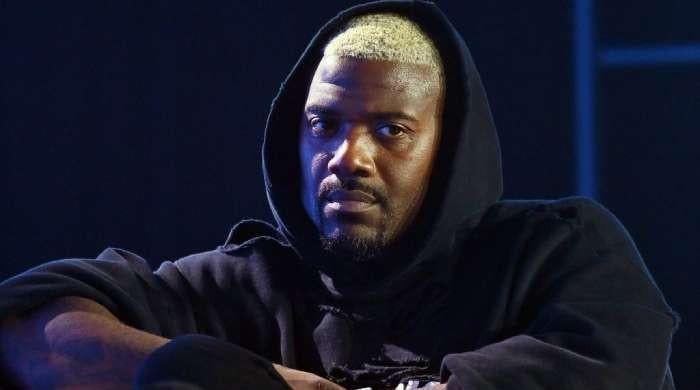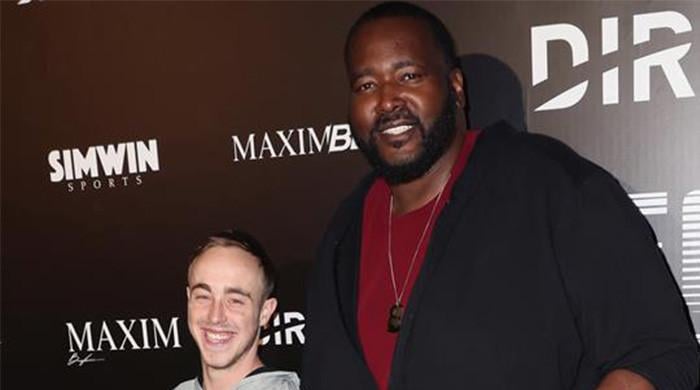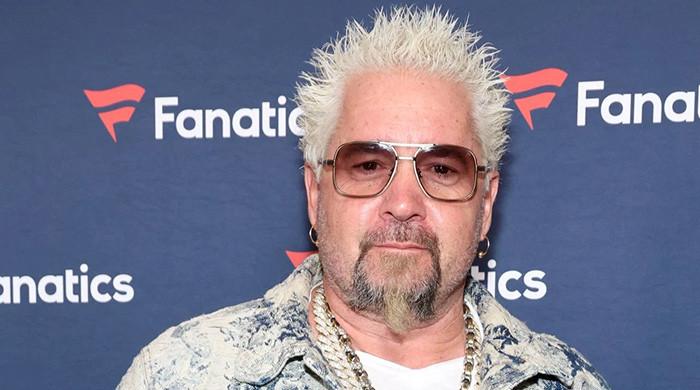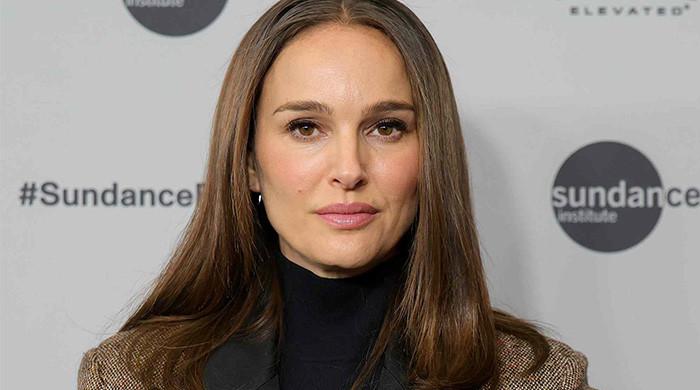Full text of Prince Charles' speech at G20 Summit in Rome
Prince Charles in the future king of UK
October 31, 2021
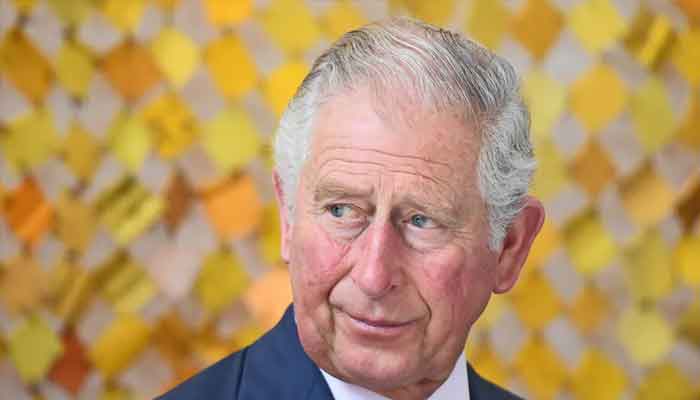
Prince Charles delivered a speech at the G20 Summit in Rome, highlighting the growing environmental crisis as a result of climate change.
Whilst recognising that urgent action is crucial, The Prince said, “I am at last sensing a change in attitudes and the build-up of positive momentum.”
Here's the full text of Prince Charles' speech
Prime Minister, thank you for inviting me to address this immensely important meeting. You have many pressing issues of the day but none is more pressing than the future health of our planet and of the people who inhabit it. The planet’s health today will dictate the health, happiness and economic prosperity of generations to come – hence our overwhelming responsibility to generations yet unborn.
Now after, I suppose, very nearly fifty years of trying to raise awareness of the growing climate and environmental crisis, I am at last sensing a change in attitudes and the build-up of positive momentum.
As you know, listening is often more important than speaking and I have listened closely to leaders of many countries, particularly Commonwealth nations, whose communities are some of the most climate–vulnerable on this Earth. It is also impossible not to hear the despairing voices of young people who see you, ladies and gentlemen, as the stewards of the planet, holding the viability of their future in your hands. And I have listened to those leaders of the private sector who are now more and more anxious to invest in the projects and new technologies that could establish a more rapid transition to sustainability. Some 300 of the world’s top C.E.O.’s from every sector of the economy, including financial services, representing well over sixty trillion dollars of assets under management, joined my Sustainable Markets Initiative and demonstrated how acutely sensitive they are to the way both consumers, who control more than sixty per cent of global G.D.P., and shareholders who are now demanding changes in the way businesses behave. Which is why they want to make a big difference with the kind of investment only they can provide.
Following the recent COP15 Biodiversity meeting in China and with this week’s COP26 Climate Change conference in the United Kingdom, it is only too clear that we will need trillions of dollars of investment every year to create the necessary new infrastructure and meet the vital 1.5 degree climate target that will save our forests and farms, our oceans and our wildlife. No government has those sorts of sums – which is why I have spent so much time over the past nineteen months trying to form a global alliance amongst the private sector, as I have long believed it holds the ultimate key to the solutions we seek. That is why, Prime Minister, I am so grateful to you for recognizing this central truth and for bringing them in; giving them a seat at this most important table so that climate change can be tackled in partnership. It is why I also wish President Widodo every possible success when you pass the baton to him in a month’s time.
So after exhaustive, but extremely valuable cross-industry discussions amongst business leaders about what is needed to overcome barriers and unlock trillions of dollars, they have indicated three essential points.
Firstly, the need for clear market signals from governments, so they can plan for the long term. This would boost confidence in existing projects and attract the necessary institutional investment for new ones. As it stands, they tell me there are too few investable projects in the pipeline because there is too little confidence in the system. To do this, there is a need to align country, industry and investment roadmaps. And here, Multilateral Development Banks have a critical role to play in creating the enabling environment for investment that supports a sustainable future.
Secondly, correcting misalignments across institutional, regulatory and legal frameworks. Realigning incentives, putting a proper value on carbon, finding innovative and sustainability-aligned ways to address the growing debt burden as well as implementing country platforms seem absolutely critical, if we are to support the poorest and most vulnerable countries as the transition occurs. Solutions at scale seem possible only if there is a much closer partnership between Government, the main multilateral banks, the private sector and its investors.
Finally, beyond M.D.B.’s, the urgent need to explore how the G20 can develop a mechanism to provide sovereign risk guarantees that would help release the vast sums of money required to make this public/private partnership a reality. And that, in turn, is our only hope if we are to keep global warming to 1.5 degrees.
Ladies and Gentlemen, COP26 begins in Glasgow tomorrow. Quite literally, it is the last chance saloon. We must now translate fine words into still finer actions. And as the enormity of the climate challenge dominates peoples’ conversations, from news rooms to living rooms, and as the future of humanity and Nature herself are at stake, it is surely time to set aside our differences and grasp this unique opportunity to launch a substantial green recovery by putting the global economy on a confident, sustainable trajectory and, thus, save our planet. And, from what they tell me, the private sector is already there, eager to work with you and ready to play a hugely significant and game-changing role. This is why I am so grateful to have this chance to talk to you here today and to shine a light not just on how far we’ve come, but also on how far we still need to go.





